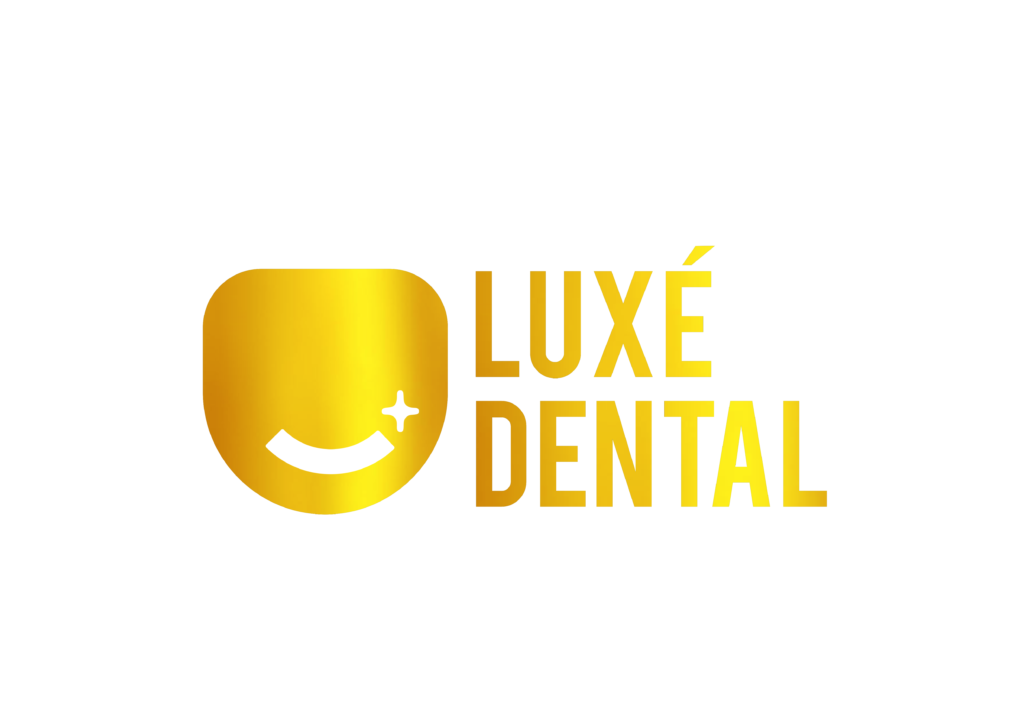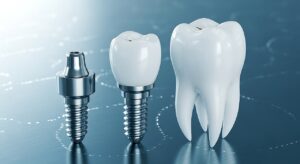Maintaining proper oral hygiene is essential for preserving your dental health, and knowing how to make flossing a habit is a key component of this regimen. Flossing involves cleaning the narrow spaces between your teeth using an interdental cleaner. According to the American Dental Association, flossing should be practiced at least once daily, following brushing.
Many people tend to overlook the importance of flossing, but neglecting it leaves 35% of tooth surfaces unclean. Are you flossing as often as you should?
Why is Flossing Necessary?
Flossing may not be as habitual as other daily routines, like checking our phones upon waking, but it’s just as crucial. So, why do we need to floss?
It’s vital to understand that flossing is essential for maintaining good dental hygiene. By cleaning between your teeth, you can significantly reduce the risk of cavities, gum diseases, plaque, and tartar buildup. Without proper flossing, bacteria can accumulate in your mouth, leading to enamel erosion, tooth decay, and the need for extensive dental treatments.
Bad Breath
Failure to floss allows food debris to harbor harmful bacteria between teeth, contributing to bad breath or halitosis. Flossing is necessary to prevent this unpleasant consequence and maintain fresh breath.
Plaque & Cavities
Infrequent flossing increases the risk of severe plaque buildup and cavities. Sugars in food react with teeth to create acid, attacking enamel and causing cavities. Regular flossing is necessary to prevent these dental issues.
Bleeding Gums & Gum Diseases
Skipping flossing can lead to sensitive, swollen, and bleeding gums, progressing to gum disease if left untreated. Flossing is necessary to prevent these problems and maintain oral health.
Benefits of Flossing
Understanding the benefits of flossing can encourage its regular practice and prevent various dental problems. Here are some advantages:
Improved Appearance
Incorporating flossing into your routine enhances your smile’s appearance. Flossing brightens teeth, strengthens the gum line, and promotes overall dental health, resulting in a radiant smile.
Prevents Dental Problems
Regular flossing prevents plaque buildup, which can lead to gum disease and other health issues like cardiovascular diseases. It also helps avoid dental problems such as bleeding gums, receding gums, and tooth loss, minimizing the need for invasive dental procedures.
Freshens Breath
Regular flossing eliminates food debris and bacteria that cause bad breath. By flossing daily, you can enjoy fresh breath and boost your confidence.
How to Make Flossing a Habit?
Developing a flossing habit requires commitment, but it’s achievable with some simple strategies:
Choose a Trigger
Associate flossing with an existing habit, like brushing your teeth before bed. Keep floss near your toothbrush to ensure you don’t forget.
Keep it Easy
Make flossing convenient by keeping it readily available in your car, bag, or office. Portable flossing devices like floss sticks are handy for on-the-go use.
Focus on the Positive
Instead of viewing flossing as a chore, focus on its benefits. Enjoy the feeling of clean teeth and the confidence of a healthy smile.
Flossing Care Tips
Follow these tips to ensure proper flossing:
– Avoid using unfamiliar objects to clean your teeth, as they can cause damage.
– Encourage children to floss from a young age to promote good oral hygiene.
– Use only dental tools designed for cleaning teeth to maintain gum and tooth health.
– Choose the appropriate flossing tool for your needs, such as dental picks or water flossers.
– Consult your dentist before selecting a flossing product to meet your oral hygiene needs.
– Learn and use the correct flossing technique to effectively clean between teeth.
– Schedule regular dental check-ups to monitor your oral health and address any concerns.
Flossing plays a crucial role in oral hygiene and can prevent various dental problems. By making it a habit and following proper flossing techniques, you can maintain a healthy smile for years to come. Visit our website to learn more about our dental services.
51b Oba Ladejobi St, Ikeja GRA, Lagos 101233, Lagos
+2349044374007






